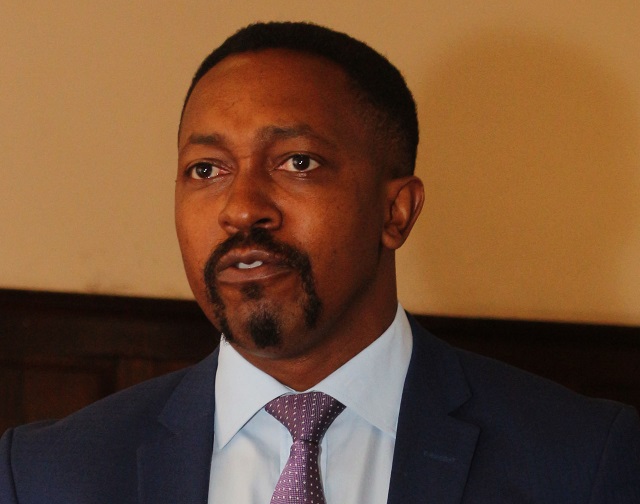Council suspends water shedding

Pamela Shumba, Senior Reporter
THE Bulawayo City Council will suspend its water shedding programme starting Friday this week up to New Year to allow residents to enjoy the festive holidays with water, an official said yesterday.
Town Clerk Mr Christopher Dube announced that the local authority had already reduced with immediate effect the 72-hour water shedding programme to 48 hours.
“We have with immediate effect reduced the water shedding programme from 72 to 48 hours per week,” he said.
“From Friday December 23, 2016 there would be no rationing up to the New Year. The reviewing of the programme will depend on the inflows into our dams.”
The city council introduced a 72-hour weekly water shedding programme last month citing low water levels in its supply dams. The move sparked outrage as some suburbs went for more than a week without water as council failed to stick to its shedding timetable. Mr Dube said a review will be done after the festive holidays depending on inflows.
He said what was positive was that supply dams had started recording inflows.
“Umzingwane was below two percent but two days ago it recorded 13 percent following the recent rains. We still need more rains but for now we can do with the 48-hour water shedding schedule,” he said.
Meanwhile, the Zimbabwe National Water Authority (Zinwa) has urged consumers to continue using water sparingly as water levels in the country’s major dams remain low despite the recent rains.
Zinwa spokesperson Mrs Marjorie Munyonga said the recent rains have not raised water levels with only a few dams recording slight increases.
She said as at December 12, 2016 major dams that supply water for either irrigation or domestic use had not recorded improvements in inflows and were still below the 60 percent threshold expected at this time of the year.
According to Zinwa Upper Ncema in Matabeleland South was at 4,8 percent full after recording an increase of 3,5 percent while Lower Ncema was at 13,5 percent after recording an increase of 0,5 percent. Umzingwane had recorded an increase of 7,2 percent and was at 13,1 percent full.
Khami Dam on the outskirts of Bulawayo recorded an increase of 1,2 percent and was at 95,3 percent full while Mtshabezi Dam was 45,7 percent full after an increase of 0,3 percent.
Bubi-Lupane Dam recorded an increase of 0,3 percent and was at 50,8 percent full with Insukamini in the Gwayi catchment area at 40 percent.
On average Mrs Munyonga said dam levels countrywide stood at 37,7 percent.
“From the above statistics it is clear that the water situation in the country has not yet improved. Water users should therefore use the available water very sparingly.
“Irrigating farmers should ensure that any leakages along the irrigation lines are repaired to avoid water losses. Canals should also be lined to minimise evaporation,” she said.
Mrs Munyonga advised farmers to be in possession of water abstraction agreements with Zinwa. The Meteorological Services Department (MSD) has projected heavy rains and potential flooding in some parts of the country until December 22.
The department said the rains were expected to improve the availability of water in the dry and arid regions of southern Zimbabwe.
@pamelashumba1









Comments